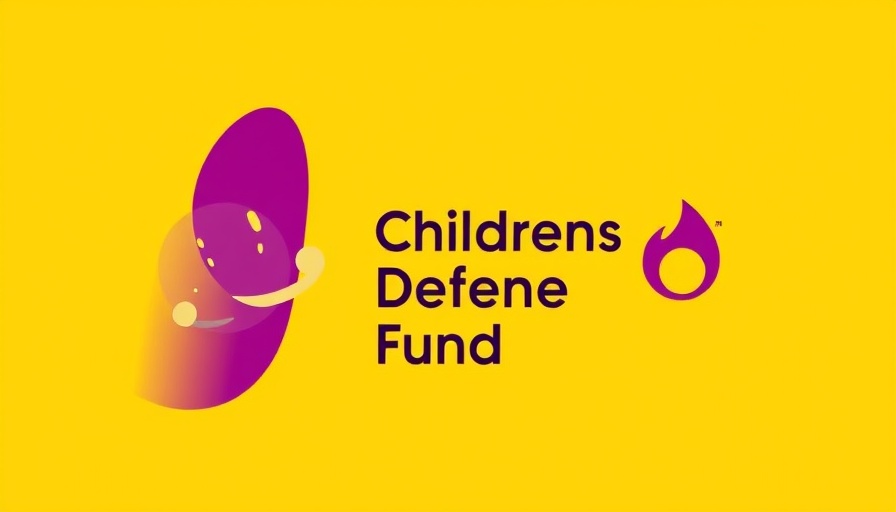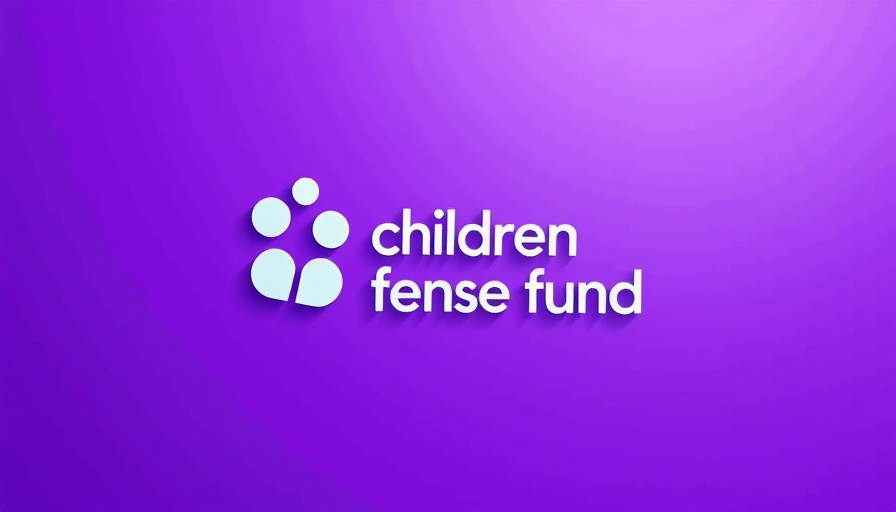
The Legacy of Hiroshima: Reflecting on the 80th Anniversary
This week marks not only a solemn anniversary but a pivotal moment in our shared history — the 80th anniversary of the bombings of Hiroshima and Nagasaki. These tragic events remain etched in our collective consciousness, stirring profound questions about morality, war, and the future of humanity. Thomas Merton's 'Original Child Bomb' resonates today more than ever, reflecting upon the decision to use atomic weapons and the unrelenting pain that followed.
The Unraveling of Civilizational Safety
Merton's poem begins with an alarming historical critique of the decisions that led to this catastrophic moment in history. He highlights a crucial fact: not everyone within the U.S. military was in favor of deploying the bomb. This internal conflict illustrates a complexity often lost in historical retellings. Was the choice truly about ending the war decisively, or was it a harbinger of future calamities? Various voices had predicted the dire consequences — warnings dismissed under the guise of military necessity.
Reflections on Human Cost
As we pause to remember Hiroshima, we confront the stark realities of what transpired. Merton's account starkly illustrates that most casualties were civilians, not soldiers. The immediate loss of life was staggering, with 70,000 lives extinguished in an instance. Survivors faced an agonizing reality, grappling with the physical and emotional scars left by this violence. The historical context highlights a sentiment that continues to resonate: in war, it is often the innocent who pay the highest price.
The Psychological Toll on Those Who Attacked
The reflections of Captain Robert Lewis, the co-pilot of the Enola Gay, reveal a profound moral reckoning. His words, 'My God, what have we done?' serve as haunting reminders that even those who execute orders feel the weight of their actions. These pilots were caught in a web of duty and profound ethical conflict, a human consequence of a mechanized war. This dichotomy asks us to contemplate: how do we reconcile a sense of necessity with the intrinsic value of human life?
Current Implications: The Doomsday Clock
Fast forward to present-day concerns, and we confront a chilling reminder of our precarious position in time: the Doomsday Clock. The Bulletin of the Atomic Scientists, founded by individuals who once shaped atomic policy, has underscored our vulnerability. As of January, the time stands at just 89 seconds to midnight — a stark signal of how close we are to global catastrophe. This ticking clock further emphasizes that the existential threats posed by nuclear arsenals and climate change are intertwined. The question we must ask ourselves today is whether we are willing to learn from history’s painful lessons.
What Can We Do for Future Generations?
In a time where the stakes are higher than ever, understanding the past equips us to make better decisions for our children’s future. Embracing peace over aggression not only honors the memories of those lost in Hiroshima and Nagasaki but also shapes a world where dialogue, compassion, and understanding triumph over violence. It is essential for modern society to strive toward disarmament, encouraging global initiatives directed at nuclear non-proliferation and environmental protection.
Conclusion: A Call to Action Towards Peace
As parents and caretakers in Denver and beyond, we have a responsibility to foster the values of peace and understanding in the next generation. Reflecting on moments of deep historical significance like this anniversary can help ignite discussions about the ethics of war and the importance of non-violence. It is vital that we engage our children in conversations about these critical issues, ensuring that the sins of the past are not repeated. Let's transform our solemn reflections into actions for peace by educating ourselves and advocating for a brighter future.
 Add Row
Add Row  Add
Add 




Write A Comment